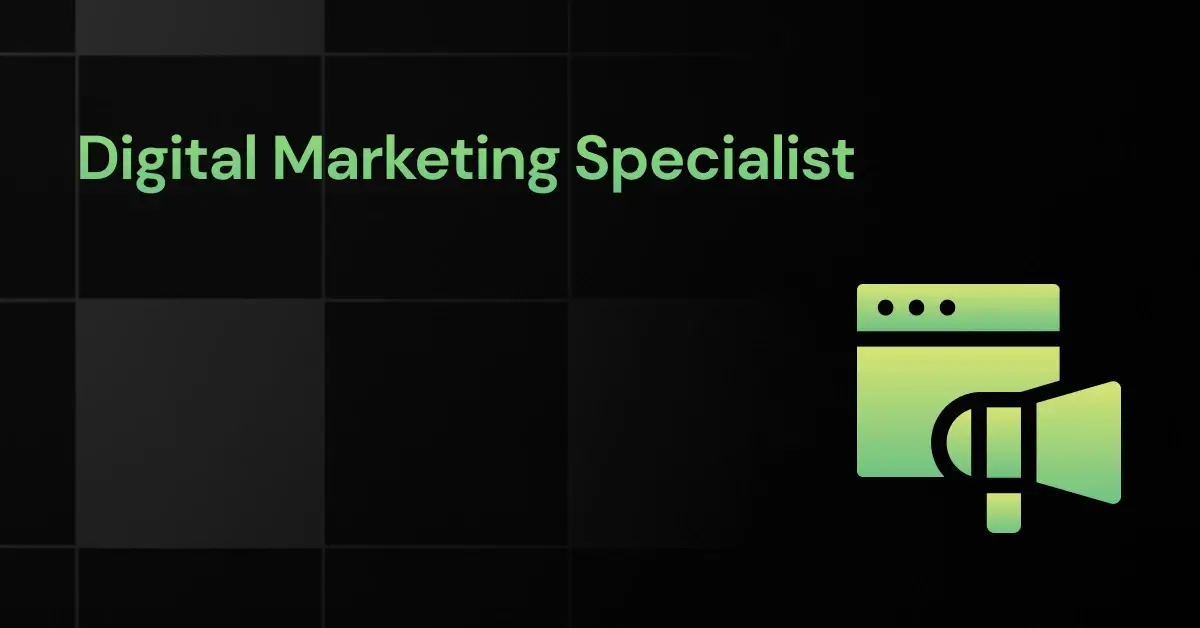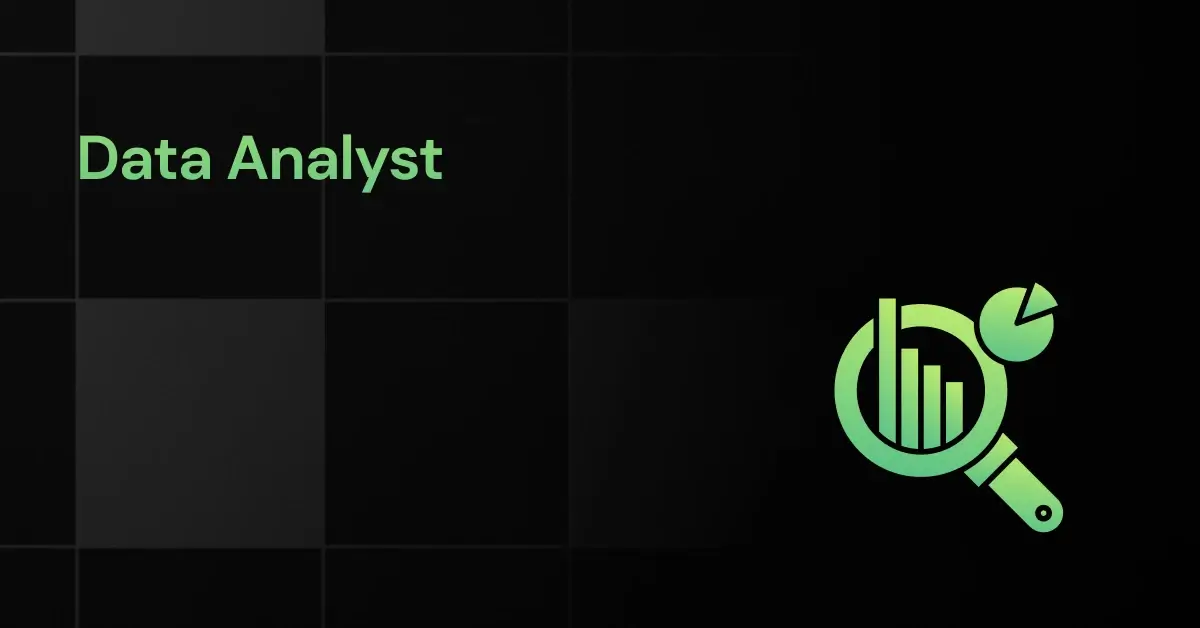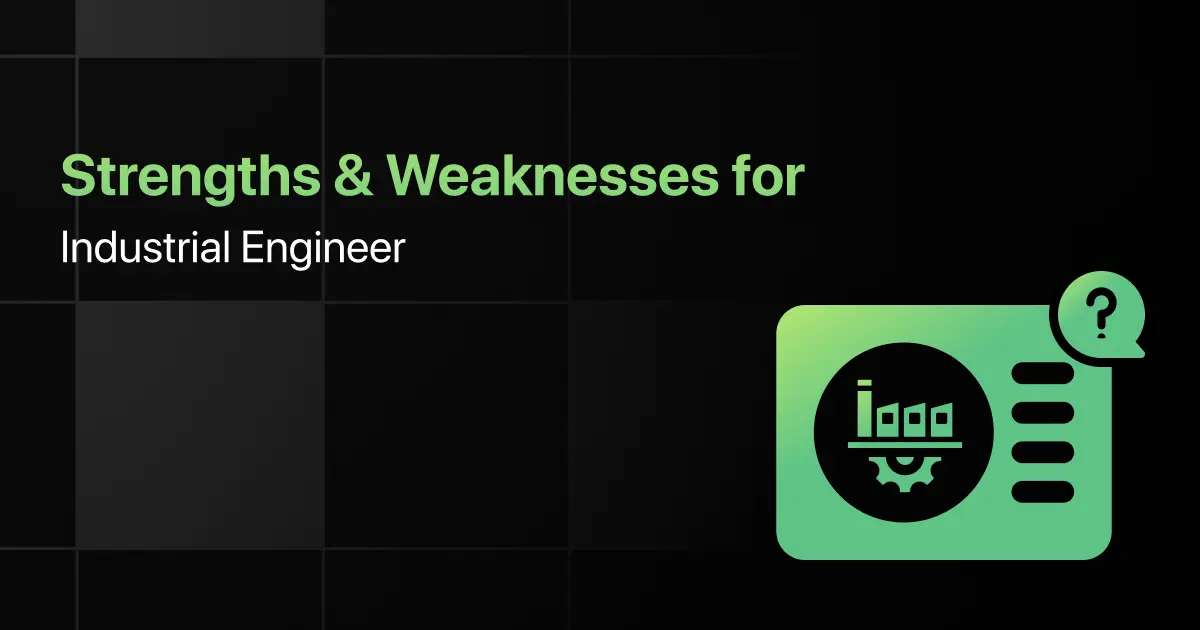Alternative Career Options for BPO Professionals

Why might a BPO Professional consider stepping out of the call center environment? The BPO industry, known for its demanding schedules and high-volume work, often leads professionals to seek a change.
They want a better work-life balance, a less stressful job, many BPO professionals are exploring alternate career options.
This article aims to shed light on the alternative career options for BPO professionals, highlighting how their skills can be effectively transferred to new and fulfilling career paths.
Alternative Career Options for BPO Professionals – Overview
Here’s an overview of alternative career options for BPO Professionals with insights into transition time, starting salaries, and potential for remote work:
| S.No. | Career Options | Transition Time | Avg Starting Salary Per Annum (INR) | Potential for Remote Work |
|---|---|---|---|---|
| 1 | Digital Marketing Specialist | 6-12 months | 3-8 Lakhs | High |
| 2 | UI/UX Designer | 1-1.5 years | 4-10 Lakhs | Moderate |
| 3 | Data Analyst | 6-12 months | 3.5-9 Lakhs | Very High |
| 4 | Business Analyst | 6-12 months | 4-10 Lakhs | Moderate |
| 5 | Project Manager | 1-2 years | 6-15 Lakhs | High |
| 6 | Customer Success Manager | 1-1.5 years | 5-12 Lakhs | Moderate |
| 7 | Sales Representative | 6-12 months | 3.5-8 Lakhs | Moderate |
| 8 | CRM Specialist | 6-12 months | 4-9 Lakhs | High |
| 9 | Market Research Analyst | 6-12 months | 3.5-8 Lakhs | Moderate |
| 10 | Cybersecurity Analyst | 1-1.5 years | 5-12 Lakhs | High |
Career Change Options for BPO Professionals – Let’s Find the Alternatives
Below is the list of career change options or alternative employment for BPO professionals:
1. Digital Marketing Specialist
A Digital Marketing Specialist is engaged in crafting and managing online marketing campaigns to boost a brand, product, or service’s digital presence.
This role is well-suited for BPO professionals due to their adeptness in communication, understanding of organizational objectives, and skill in adapting strategies for varied audiences.
Job Market and Demand:
- In FY22, major Indian IT firms like TCS, Wipro, and Infosys planned to create 1.05 lakh job opportunities, highlighting the growing demand for digital skills.
- The IT and business services market in India, including digital marketing, is expected to reach US$ 19.93 billion by 2025.
- IT spending in India, a key indicator of digital marketing growth, is projected to increase to US$ 110.3 billion in 2023.
Skills and Knowledge Prerequisites:
- Proficiency in digital marketing tools and platforms.
- Knowledge of SEO, SEM, and social media marketing.
- Skills in content creation and marketing analytics.
- Understanding of brand management and online reputation strategies.
- Familiarity with email marketing and digital advertising techniques.
Transferable Skills:
- Strong communication and interpersonal skills.
- Ability to analyze data and derive insights.
- Creative thinking and problem-solving abilities.
- Project management and organizational skills.
- Adaptability to rapidly changing digital trends.
Starting Salary:
- The average starting salary for a Digital Marketing Specialist in India is approximately between INR 3,00,000 and INR 8,00,000 per annum.
Duration for Transition:
- Transitioning to this role can take about 6-12 months, depending on prior experience and the intensity of learning digital marketing skills.
Risk Assessment:
- The transition involves staying updated with constantly evolving digital trends and technologies.
Work Flexibility:
- Digital marketing roles often offer flexible working options, including remote work, full-time, part-time, and freelancing opportunities.
Work-Life Balance:
- Generally favorable, but can vary based on campaign deadlines and project demands.
Career Progression:
- Opportunities for advancement to roles like Digital Marketing Manager or Head of Digital.
- Potential to specialize in areas like SEO, content marketing, or social media strategy.
Job Stability and Industry Outlook:
- The digital marketing field in India is experiencing rapid growth, driven by increasing digitalization and online presence of businesses.
- The demand for digital marketing skills is expected to remain high, with a growing emphasis on digital channels for brand promotion and customer engagement.
2. UI/UX Designer
A UI/UX Designer specializes in creating engaging user interfaces and enhancing user experiences, making digital products intuitive, accessible, and enjoyable.
This profession aligns well with BPO professionals due to their deep understanding of people’s needs and behaviors, essential in designing user-centric digital solutions.
Job Market and Demand:
- The UX/UI market in India was valued at USD 465 million in 2021 and is expected to grow to USD 1346 million by the end of 2028.
- The demand for UX/UI professionals has significantly increased in the last 5 years due to the digital transformation of businesses.
- Top paying companies for various UX/UI roles in India include Accenture, Amazon, and Microsoft Corporation, with salaries ranging significantly based on experience and specific roles.
Skills and Knowledge Prerequisites:
- Proficiency in design software like Adobe XD, Sketch, or Figma.
- Understanding of user-centered design principles.
- Basic knowledge of HTML, CSS, and JavaScript.
- Ability to conduct user research and usability testing.
- Strong communication and collaboration skills.
Transferable Skills:
- Strong communication and interpersonal skills.
- Empathy and the ability to understand user needs.
- Problem-solving and critical thinking.
- Project management and organizational skills.
- Ability to work in a team and collaborate effectively.
Starting Salary:
- The average starting salary for a UI/UX Designer in India is approximately between INR 4,00,000 and INR 10,00,000 per annum.
Duration for Transition:
- The duration can vary based on individual learning pace and prior experience, typically ranging from 1 to 1.5 years.
Risk Assessment:
- Transitioning to a new field always involves risks such as the need for new training and the possibility of a mismatch in expectations.
Work Flexibility:
- Many UI/UX Designer roles offer flexible working options including remote work, office work, and opportunities for part-time, full-time, or freelance engagements.
Work-Life Balance:
- Generally offers a good work-life balance, but can vary depending on the company and specific role.
Career Progression:
- Opportunities to advance to senior designer roles, lead teams, or specialize in areas like UX research.
- Potential to transition into related fields like product management or user research.
Job Stability and Industry Outlook:
- The rapid growth of the UX/UI market in India indicates a strong future demand for professionals in this field.
- The expansion of digital platforms and increased focus on user experience in product development contribute to the stability and growth of UX/UI careers.
- Companies are increasingly recognizing the value of UX/UI in enhancing customer experience, leading to more investment in these roles.
3. Data Analyst
A Data Analyst is a professional who specializes in collecting, processing, and performing statistical analyses of data. Their role is crucial in turning raw data into insights that can drive business decisions.
For BPO professionals, transitioning into data analysis can be a natural step, leveraging their experience in handling employee data and organizational metrics.
Job Market and Demand:
- The demand for data analysts in India is growing rapidly, with a significant increase in job openings in the tech and business sectors.
- A report by Naukri.com highlighted a 50% increase in demand for data analysts in the last year.
- Industries such as e-commerce, healthcare, and finance are actively seeking skilled data analysts.
Skills and Knowledge Prerequisites:
- Proficiency in data analysis tools like Excel, SQL, and Python.
- Strong understanding of statistical methods and data interpretation.
- Knowledge of data visualization tools such as Tableau or Power BI.
- Familiarity with machine learning concepts and algorithms.
- Experience in data cleaning and preparation.
Transferable Skills:
- Analytical thinking and problem-solving abilities.
- Strong attention to detail and accuracy in data handling.
- Effective communication skills for presenting data insights.
- Project management and organizational skills.
- Ability to work collaboratively in team settings.
Starting Salary:
- The average starting salary for a Data Analyst in India is approximately between INR 3,50,000 and INR 9,00,000 per annum.
Duration for Transition:
- Typically, transitioning to a data analyst role can take about 6-12 months, depending on the individual’s learning pace and background.
Risk Assessment:
- Transitioning to data analysis involves learning new software tools and adapting to data-driven decision-making processes.
Work Flexibility:
- Data Analyst roles often offer flexibility, including options for remote work, full-time, part-time, and freelancing opportunities.
Work-Life Balance:
- Generally favorable, but can vary depending on project deadlines and company culture.
Career Progression:
- Opportunities to advance to senior data analyst, data scientist, or analytics manager roles.
- Potential to specialize in areas like business intelligence, big data, or predictive analytics.
Job Stability and Industry Outlook:
- The job market for data analysts in India is expected to grow significantly, driven by the increasing importance of data in business strategy.
- A steady increase in salaries and job openings reflects a strong and stable demand for data analysis skills.
4. Business Analyst
A Business Analyst bridges the gap between IT and business, using data analytics to assess processes, determine requirements, and deliver data-driven recommendations to executives and stakeholders.
This role is a natural fit for BPO professionals, as it involves understanding people and processes, skills honed in BPO roles.
Job Market and Demand:
- There are over 9,000 job openings for Business Analysts on Naukri.com, indicating a robust demand in India.
- Major cities like Bangalore, Delhi/NCR, and Hyderabad are key hubs, with Bangalore leading with over 2,300 job listings.
- A significant portion of these roles offer work-from-home or hybrid work options, reflecting the evolving work culture.
Skills and Knowledge Prerequisites:
- Proficiency in data analysis and data visualization tools.
- Strong understanding of business processes and workflow optimization.
- Knowledge of SQL and database management.
- Familiarity with project management methodologies.
- Excellent communication and stakeholder management skills.
Transferable Skills:
- Analytical thinking and problem-solving abilities.
- Effective communication and presentation skills.
- Project management and organizational skills.
- Adaptability to various business environments.
- Team collaboration and leadership capabilities.
Starting Salary:
- The average starting salary for a Business Analyst in India is approximately between INR 4,00,000 and INR 10,00,000 per annum.
Duration for Transition:
- Transitioning to a Business Analyst role can take 6-12 months, depending on prior experience and skill acquisition.
Risk Assessment:
- The role is moderately risky, with challenges in adapting to diverse business needs and staying updated with evolving technologies.
Work Flexibility:
- Many Business Analyst roles offer flexible working options, including remote, hybrid, and office-based arrangements, as well as full-time, part-time, and freelance opportunities.
Work-Life Balance:
- Generally offers a balanced work-life setup, though project deadlines can occasionally demand extended work hours.
Career Progression:
- Opportunities for advancement into senior analyst roles, project management, or consultancy.
- Potential to specialize in industries or move into leadership positions.
Job Stability and Industry Outlook:
- The demand for Business Analysts is expected to grow, driven by the increasing reliance on data-driven decision-making.
- Job stability is relatively high, with opportunities across various sectors.
5. Project Manager
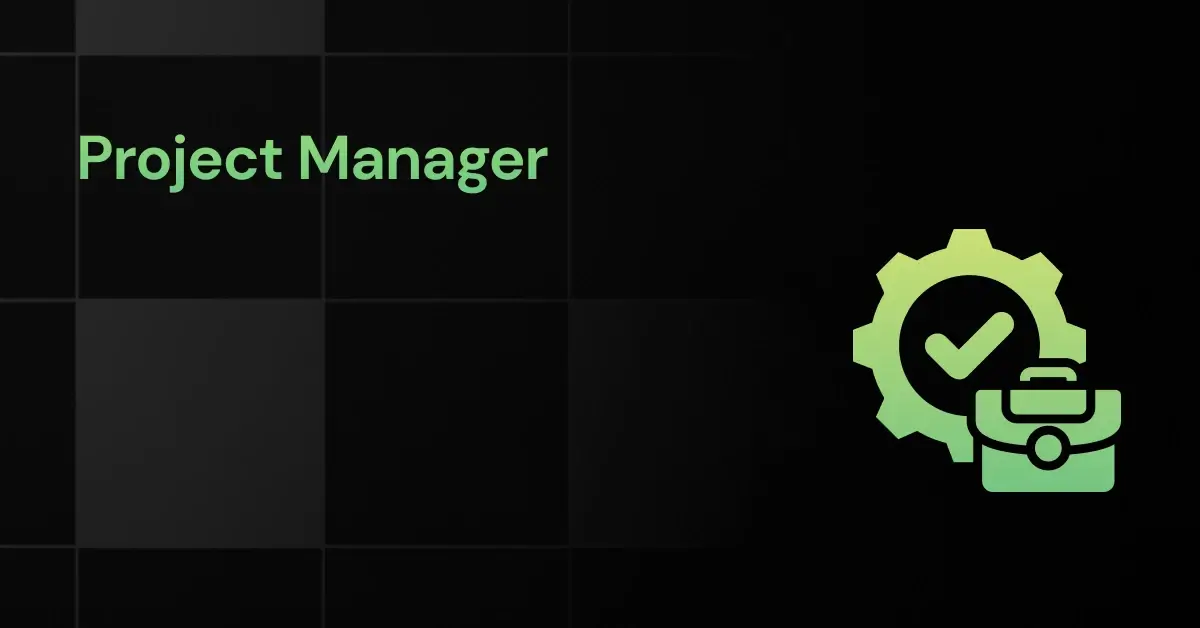


A Project Manager is responsible for leading and managing projects from start to finish, using a range of skills and methodologies to ensure successful delivery.
This role is particularly suitable for BPO professionals due to their expertise in people management, communication, and organizational skills, crucial for effective project management.
Job Market and Demand:
- India will require over 70,000 professional project managers annually in the coming decade to meet industry needs, as reported by PMI.
- The demand for project managers spans across various sectors, including IT, construction, healthcare, and finance, offering diverse career opportunities.
- Major cities like Bangalore, Hyderabad, Pune, Mumbai, and Delhi are hubs for project manager roles, with salary ranges reflecting the demand and cost of living in these areas.
Skills and Knowledge Prerequisites:
- Strong leadership and team management skills.
- Proficiency in project management tools and software.
- Excellent communication and interpersonal skills.
- Ability to manage budgets and resources effectively.
- Strong problem-solving and decision-making abilities.
Transferable Skills:
- Effective communication and negotiation skills.
- Strategic planning and organizational abilities.
- Conflict resolution and team-building skills.
- Time management and prioritization.
- Adaptability to changing project requirements and environments.
Starting Salary:
- The average starting salary for a Project Manager in India is approximately between INR 6,00,000 and INR 15,00,000 per annum.
Duration for Transition:
- The transition duration to become a project manager is 1-2 years and can vary based on individual experience and the specific requirements of the role.
Risk Assessment:
- Project management involves risk assessment at various levels, including resource allocation, budgeting, and technology.
Work Flexibility:
- Project management roles often offer flexibility, including options for remote work, part-time, full-time, and freelancing opportunities.
Work-Life Balance:
- The nature of project management allows for a balanced work-life dynamic, though this can depend on the specific demands of each project.
Career Progression:
- Project managers have the opportunity to advance to senior management roles, such as director or head of projects.
- Continuous professional development through certifications and training can lead to higher positions and increased responsibilities.
Job Stability and Industry Outlook:
- The project management field is expected to see significant growth, driven by digital initiatives and technological advancements.
- The versatility of the role across industries contributes to its stability and long-term career prospects.
6. Customer Success Manager
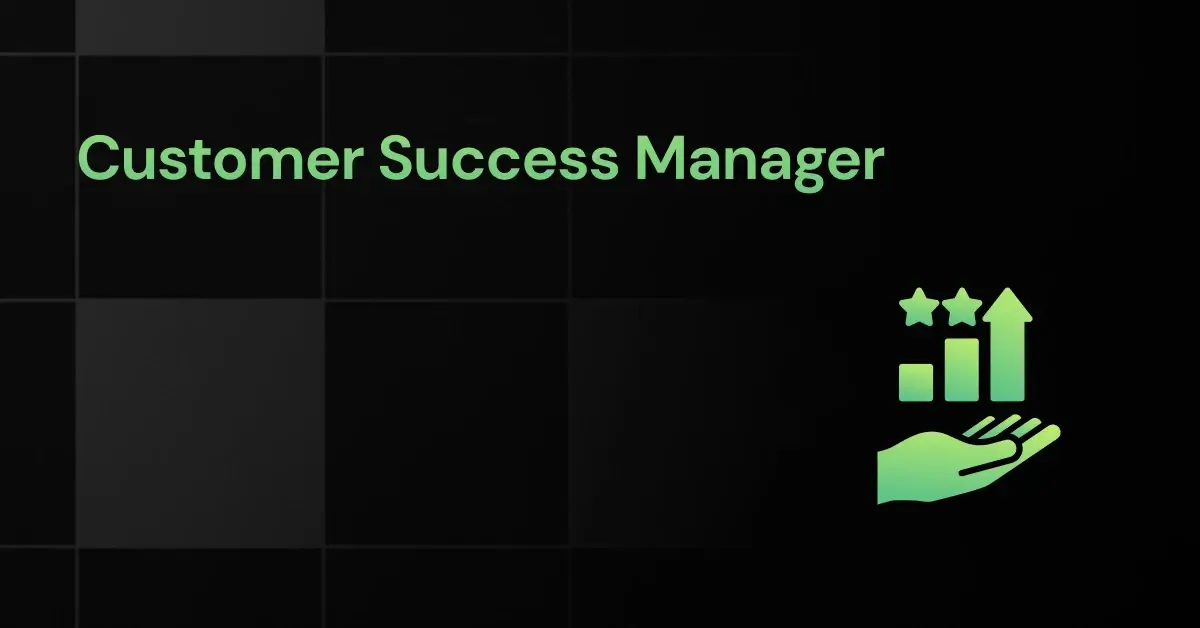


As a Customer Success Manager, you’ll be crucial in ensuring client satisfaction and loyalty, managing relationships, and maximizing product or service value.
This role is highly suitable for BPO professionals, leveraging their skills in customer interaction, problem-solving, and relationship management.
Job Market and Demand:
- The demand for Customer Success Managers in India is growing as companies increasingly recognize the importance of customer retention and satisfaction.
- There’s a rising trend in tech and SaaS companies in India hiring Customer Success Managers to enhance customer experience and reduce churn.
- The role is becoming integral in sectors beyond IT, including finance and retail, reflecting a broader market need.
Skills and Knowledge Prerequisites:
- Strong communication and interpersonal skills.
- Proficiency in customer relationship management (CRM) software.
- Understanding of customer success metrics and analytics.
- Ability to identify customer needs and provide solutions.
- Knowledge of the industry-specific challenges and trends.
Transferable Skills:
- Empathy and customer-centric approach.
- Problem-solving and critical thinking.
- Effective communication and negotiation.
- Project management and organizational skills.
- Data analysis and interpretation.
Starting Salary:
- The average starting salary for a Customer Success Manager in India is approximately between INR 5,00,000 and INR 12,00,000 per annum.
Duration for Transition:
- Transitioning to this role can vary but typically takes 1-1.5 years, depending on prior experience and skill acquisition.
Risk Assessment:
- The role involves moderate risk, primarily related to maintaining client satisfaction and managing diverse customer expectations.
Work Flexibility:
- Many companies offer flexible working options, including remote work, office-based roles, and various employment types like full-time, part-time, and freelancing.
Work-Life Balance:
- Generally offers a balanced work-life scenario, though it can vary depending on the company and specific client demands.
Career Progression:
- Opportunities for advancement into senior management roles.
- Potential to transition into strategic roles focusing on customer experience and business development.
Job Stability and Industry Outlook:
- The role is considered stable with a positive outlook due to the increasing emphasis on customer retention and experience.
- The growth of digital platforms and e-commerce in India further solidifies the demand for Customer Success Managers.
7. Sales Representative
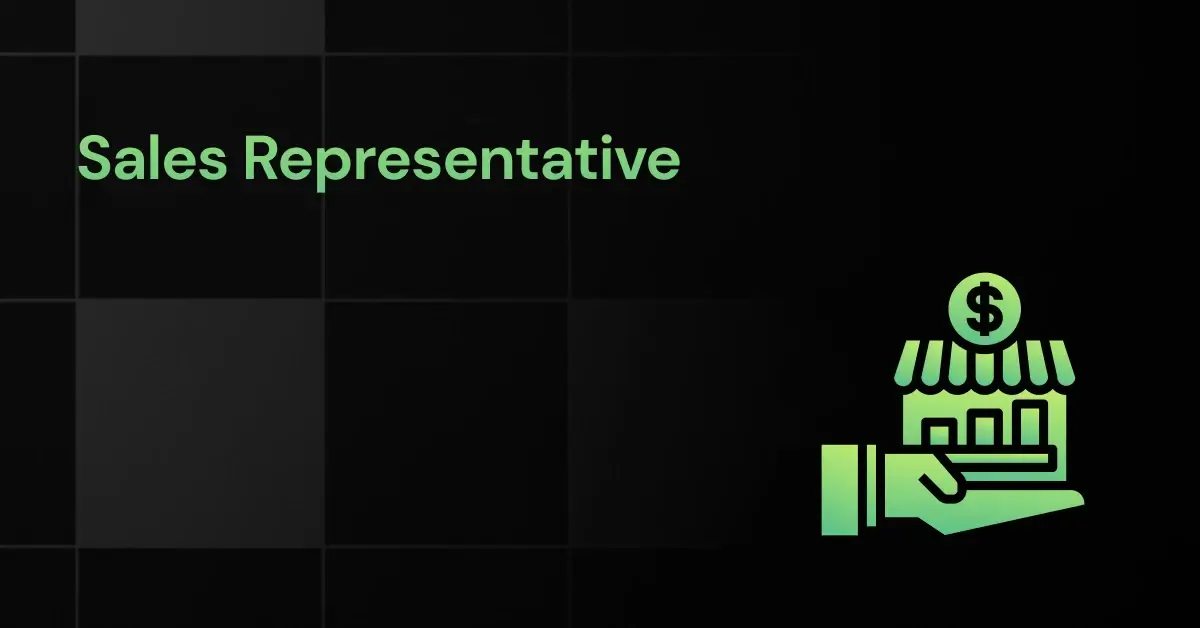


In the Sales Representative role, you’ll specialize in selling products and services, either directly to consumers or businesses.
This role is well-suited for BPO professionals, who bring strong communication skills, customer understanding, and relationship-building abilities, essential in sales.
Job Market and Demand:
- The demand for sales representatives in India is consistently high due to the growing market and diverse industries.
- There has been a notable increase in the need for specialized sales roles in sectors like technology and pharmaceuticals.
- The rise of digital sales platforms has expanded opportunities for sales representatives, adapting to new sales methods and technologies.
Skills and Knowledge Prerequisites:
- Strong communication and interpersonal skills.
- Knowledge of sales techniques and customer relationship management.
- Ability to understand and present product/service features effectively.
- Familiarity with digital sales tools and platforms.
- Adaptability to different sales environments and customer needs.
Transferable Skills:
- Negotiation and persuasion skills.
- Relationship building and networking.
- Problem-solving and analytical thinking.
- Time management and organizational skills.
- Adaptability and resilience in various market conditions.
Starting Salary:
- The average starting salary for a Sales Representative in India is approximately between INR 3,50,000 and INR 8,00,000 per annum.
Duration for Transition:
- Transitioning to a sales representative role can vary, typically ranging from 6-12 months, depending on prior experience and the specific industry.
Risk Assessment:
- The role involves performance-based risks, such as meeting sales targets and adapting to market changes
Work Flexibility:
- Sales roles often offer flexibility, including options for working from home, office-based roles, and varying employment types like part-time, full-time, and freelancing.
Work-Life Balance:
- Sales positions can offer a balanced work-life dynamic, though it may vary based on targets and client demands.
Career Progression:
- Opportunities for advancement into senior sales roles or specialized sales areas.
- Potential to transition into sales management or business development positions.
Job Stability and Industry Outlook:
- The sales sector in India is expected to grow, with a steady demand for skilled sales professionals.
- Technological advancements are creating new sales channels, enhancing job stability.
- The evolving nature of consumer behavior and digital platforms ensures a dynamic and promising career outlook for sales representatives.
8. CRM Specialist
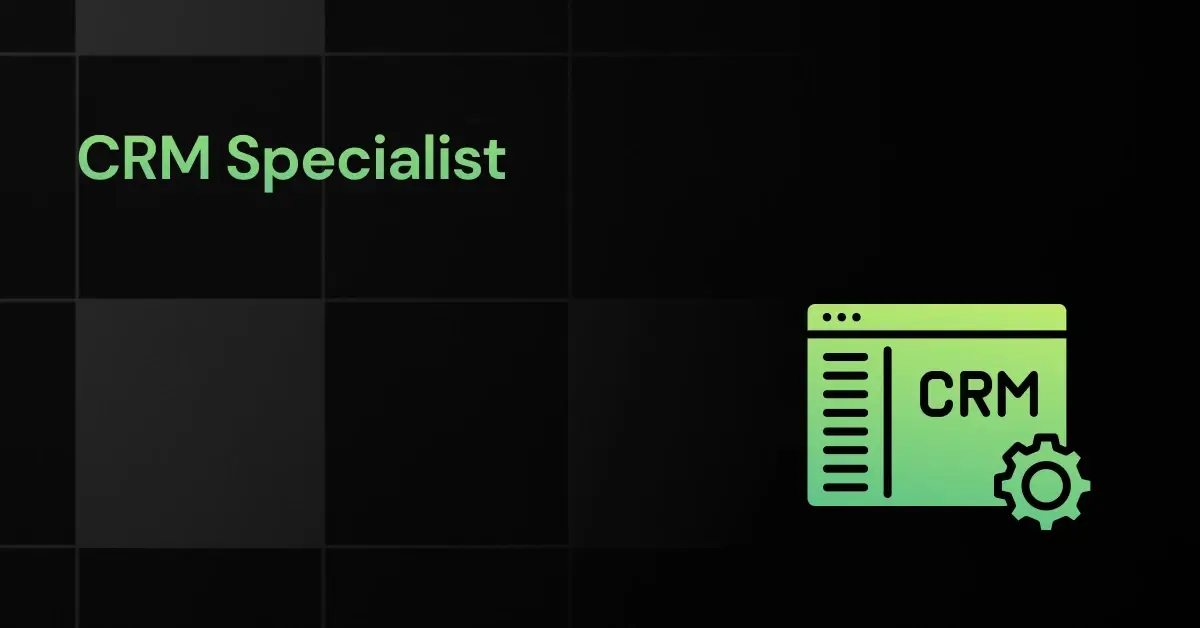


A CRM Specialist focuses on managing customer relationships through data analysis and strategy development.
This role is a natural fit for BPO professionals, given their experience in customer interaction and understanding of organizational dynamics.
Job Market and Demand:
- The demand for CRM specialists in India is growing due to the increasing focus on customer relationship management across industries.
- There is a significant need for professionals who can leverage CRM tools effectively to enhance customer engagement.
- The rise of digital marketing and e-commerce in India has further amplified the need for skilled CRM specialists.
Skills and Knowledge Prerequisites:
- Proficiency in CRM software and tools.
- Strong analytical skills to interpret customer data.
- Excellent communication skills for effective customer interaction.
- Knowledge of marketing strategies and customer engagement techniques.
- Ability to manage and analyze large datasets for customer insights.
Transferable Skills:
- Interpersonal and communication skills.
- Data analysis and interpretation.
- Problem-solving and critical thinking.
- Project management and organizational skills.
- Adaptability and learning agility.
Starting Salary:
- The average starting salary for a CRM Specialist in India is approximately between INR 4,00,000 and INR 9,00,000 per annum.
Duration for Transition:
- Transitioning to a CRM Specialist role can vary, typically ranging from 6-12 months, depending on prior experience and skill acquisition.
Risk Assessment:
- The role involves moderate risk, primarily related to keeping up with technological advancements and changing customer behavior patterns.
Work Flexibility:
- CRM Specialist roles often offer flexibility, including options for remote work, office-based positions, and varying employment types like full-time, part-time, and freelance opportunities.
Work-Life Balance:
- Generally, CRM Specialists enjoy a balanced work-life dynamic, though this can depend on specific industry demands and project deadlines.
Career Progression:
- Opportunities for advancement into senior CRM roles or managerial positions.
- Potential to transition into broader marketing, sales, or customer experience leadership roles.
Job Stability and Industry Outlook:
- The CRM field is expected to see steady growth, driven by the increasing importance of customer relations in business success.
- Technological advancements in CRM tools and analytics are creating more specialized roles, enhancing job stability.
9. Market Research Analyst



A Market Research Analyst role involves delving into data to understand market trends and consumer preferences.
This profession requires analytical skills and market dynamics understanding, making it suitable for BPO professionals who are adept at interpreting complex data sets and trends.
Job Market and Demand:
- The demand for Market Research Analysts in India is growing due to the increasing focus on data-driven decision-making in businesses.
- There’s a rising need for professionals who can interpret market trends to guide product development and marketing strategies.
- The proliferation of digital marketing has significantly increased the demand for market research analysts who can provide insights into online consumer behavior.
Skills and Knowledge Prerequisites:
- Strong analytical skills to interpret data effectively.
- Proficiency in statistical software and data analysis tools.
- Knowledge of market research methodologies and techniques.
- Ability to communicate complex data insights in a comprehensible manner.
- Understanding of consumer behavior and market trends.
Transferable Skills:
- Data analysis and interpretation skills.
- Effective communication and report writing.
- Critical thinking and problem-solving abilities.
- Project management and organizational skills.
- Attention to detail and accuracy in data handling.
Starting Salary:
- The average starting salary for a Market Research Analyst in India is approximately between INR 3,50,000 and INR 8,00,000 per annum.
Duration for Transition:
- The transition to becoming a Market Research Analyst can vary, typically ranging from 6-12 months, depending on prior experience and skill acquisition.
Risk Assessment:
- The role involves moderate risk, primarily related to the accuracy and relevance of market data analysis and predictions.
Work Flexibility:
- Market Research Analysts often have flexible work options, including remote work, office-based roles, and opportunities for part-time, full-time, or freelance engagements.
Work-Life Balance:
- Generally offers a balanced work-life scenario, though project deadlines can occasionally demand extended work hours.
Career Progression:
- Opportunities for advancement to senior analyst roles or specialized areas within market research.
- Potential to transition into managerial positions overseeing market research teams or departments.
Job Stability and Industry Outlook:
- The market research industry is expected to grow steadily, driven by the increasing importance of data in business decision-making.
- Job stability is relatively high, with ongoing demand for skilled analysts.
- Technological advancements in data collection and analysis are likely to create new opportunities and roles within the field.
10. Cybersecurity Analyst
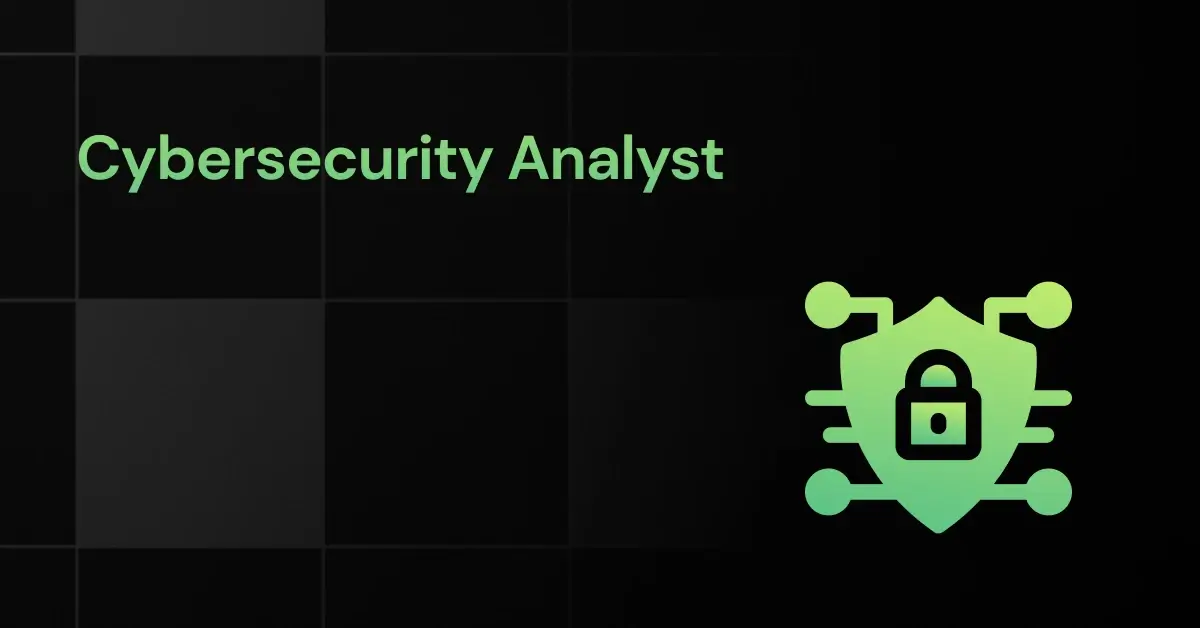


A Cybersecurity Analyst focuses on safeguarding an organization’s computer systems and networks from cyber threats.
This role is particularly suitable for BPO professionals, given their experience in handling sensitive data, understanding of complex systems, and adherence to strict process guidelines, all of which are crucial in cybersecurity.
Job Market and Demand:
- Rapid growth in the cybersecurity market in India, with a projected CAGR of 10.6% from 2020 to 2025.
- Significant shortage of cybersecurity professionals in India, with a gap of 1.5 million.
- Year-on-year increase of 30% in cybersecurity job openings in India.
Skills and Knowledge Prerequisites:
- Comprehensive knowledge of cybersecurity frameworks and protocols.
- Skills in risk management and safeguarding data.
- Familiarity with ethical hacking, intrusion detection systems, and network security.
- Understanding of cryptography and secure communication.
- Proficiency in incident response and analyzing cyber threats.
Transferable Skills:
- Analytical thinking and problem-solving capabilities.
- Meticulous attention to detail and accuracy.
- Strong communication skills, both verbal and written.
- Experience in handling confidential and sensitive information.
- Team coordination and management abilities.
Starting Salary:
- The average starting salary for a Cybersecurity Analyst in India is approximately between INR 5,00,000 and INR 12,00,000 per annum.
Duration for Transition:
- Transitioning into this role typically requires 1-1.5 years of dedicated training and experience in cybersecurity.
Risk Assessment:
- Moderate risk, considering the constantly evolving nature of cyber threats and the necessity for ongoing education and adaptation.
Work Flexibility:
- Various work arrangements available, including remote work, full-time, part-time, and freelance roles.
Work-Life Balance:
- Generally balanced, though may demand extra hours during critical security breaches or urgent incidents.
Career Progression:
- Advancement opportunities to positions like Senior Cybersecurity Analyst or Cybersecurity Manager.
- Specialization prospects in fields such as network security, ethical hacking, or digital forensics.
Job Stability and Industry Outlook:
- Significant growth anticipated in the cybersecurity sector due to increased digitalization and reliance on technology.
- Persistent high demand for skilled professionals in the face of continuous cyber threats.
Frequently Asked Questions
1. I want to change my career from BPO. What career change options are available for me?
If you want to change your career from BPO, some of the career options include:
- Transition into customer service roles in various industries, leveraging your experience in handling customer queries.
- Explore opportunities in administrative and office management roles, utilizing your organizational and multitasking skills.
- Consider a shift to sales and marketing, where your communication skills can be a significant asset.
2. How can BPO professionals identify which new career path is right for them?
Think about what you like doing in BPO, what you’re good at, and what kind of new job needs those skills. Look at different jobs and see which ones fit you best.
3. Which transferable skills from BPO are most valuable in other industries?
The transferable skills from BPO are:
- Excellent communication and interpersonal skills, crucial for customer-facing roles.
- Problem-solving abilities, essential for addressing customer issues effectively.
- Proficiency in handling multiple tasks simultaneously, beneficial in fast-paced work environments.
4. How long does it typically take for a BPO professional to transition to a new career?
The transition period can vary, usually ranging from a few months to a year, depending on the new career path and any additional training or qualifications required.
For example, transitioning to a Digital Marketing Specialist might take 6 months to 1 year, while moving into a role like Cybersecurity Analyst could require 1-2 years of focused training and experience.
5. What are the risks associated with BPO professionals making a career change?
Risks include the challenge of adapting to a new industry, the potential need for additional training or education, and the uncertainty of job satisfaction in the new career path.
6. How stable are the new career options for BPO professionals?
The stability of new career options for BPO professionals depends on the chosen industry and role. Fields like customer service, administrative support, and IT typically offer steady opportunities with potential for growth.
7. Where can BPO professionals find professional advice for a career change?
BPO professionals seeking a career change can find professional advice through Placement Preparation. They offer guidance on career options, skill development, and navigating the job market effectively.
Final Words
Transitioning from a BPO role to alternative career options is a journey of self-discovery and professional growth. The skills developed in the BPO sector, such as communication, customer service, problem-solving, and adaptability, are invaluable in a variety of fields.
We’ll keep this article updated as new career paths open up for BPO professionals. Think of it as a growing guide that changes with the times, always giving you the latest info on where your BPO skills can take you next. Keep an eye on this space for more updates!
Explore More Alternative Careers for:
Related Posts
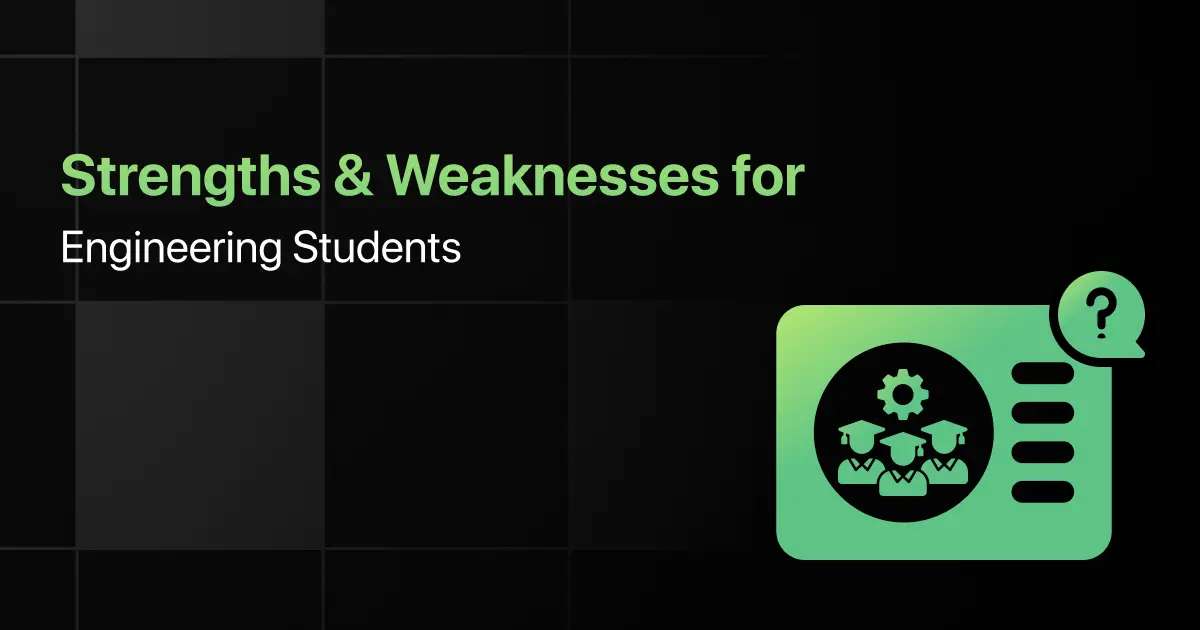

Strengths & Weaknesses for Engineering Students Freshers
For engineering students, job interviews can feel challenging because they are just starting their careers. One of the toughest parts is …

